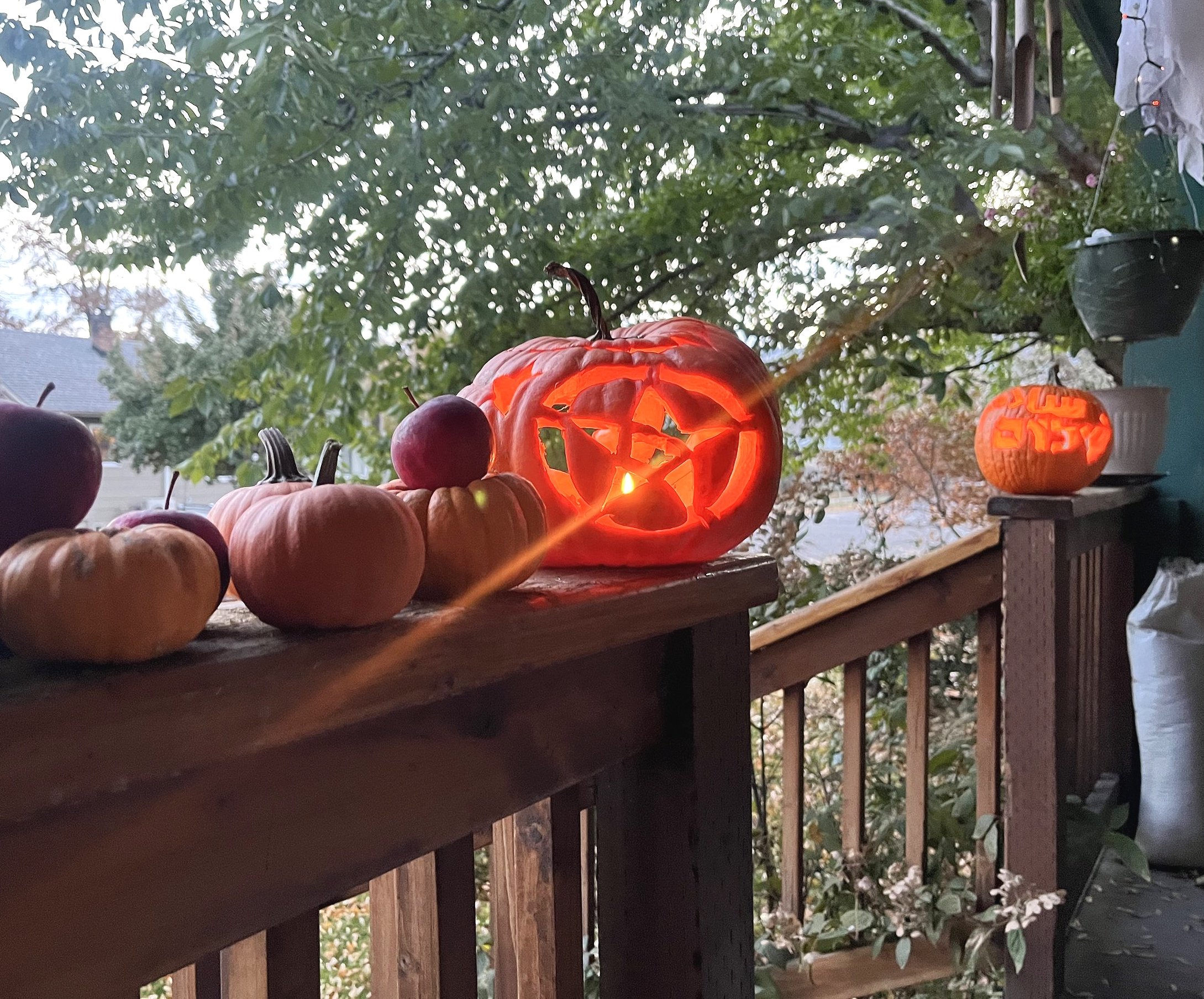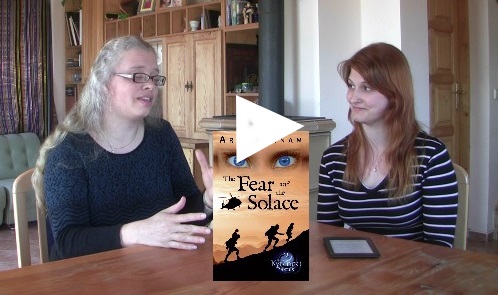Have I lost the fire?
/An old acquaintance popped up recently telling me about demonstrations against the latest distant war and asking what I’m doing about it. There was a time when I would have been in the thick of it, full of hope, anger and the fire of passionate creativity.
I distinctly remember being twenty something and making pacts with a different friend to never let the fire of passionate activism, creativity and adventure go out. We swore to kick each other in the pants if the other ever wavered. But she’s gone, and I’m afraid I may have lost the fire.
What I didn’t know in my twenties was that soul-sucking, creativity-sapping hard times don’t always come in the form of tear gas, night sticks or bullets. As bad as those things are, there are things that will make you beg for something as easy to fight as a clear and distinct bad guy. And I’m not even talking about the inner demons of mental illness or the parasites of addiction. I managed to avoid those, though life has taught me a lot more compassion for others who didn’t slip the traps.
Image by Arie farnam - a porch railing holding pumpkins with candles inside portraying a pentacle and the word peace in different languages
I had freedom—just enough money to make my own choices and set my own course. I had transferable skills. I could go where I wanted and didn’t have to worry about the needs of others very much as I did. I mistook that privileged existence for deep caring about activism and great creative talent. It’s a common misconception.
Twenty years ago, I got sucked into the black hole of health problems which gave way to family responsibilities which led to worse health problems and much heavier family responsibilities. That’s what happened to my fire. It was buried under a mudslide and I’m still trying to find out if there are any smoldering embers left.
When I was in my late twenties, I gave up my last chances in newspaper journalism to lead antiwar protests. This isn’t something I’ve made a big deal about publicly. Potential employers wouldn’t see it as admirable, after all. I couldn’t stay in journalism and lead protests against the war in Iraq in a major international city at the same time. Journalists have codes of objectivity that preclude that sort of thing and no employers would allow it.
As a twenty-something, I don’t think I entirely thought through the potential consequences of that choice. I had a hot fire in me. I was watching the world explode with protest over a war based on lies, pushed by the questionably elected administration of my home country. It wasn’t happening in Prague yet, and the groups willing to try were marginalized and vulnerable to cheap attacks about supposedly being anti-American. I wasn’t just one more body in the streets for a protest. I was an American who also spoke the local language. Who could more credibly make the case that the protest was about human rights, rather than about being ideologically against the United States?
At that moment and in that place, there was a reasonable hope that I could make a real difference by joining and even leading the protests. The professional sacrifices felt worthwhile. Over the next two years, I was often cast into the role of negotiator between various factions. I had an acquaintance from my old political reporting who ran with the Czech Communist youth organization and friends in the staunchly anti-Communist student block. In a European capital city like ours, numbers of protesters mattered in terms of national policy and relations with the US. I worked to get both sides to come to events, while leaving their antagonistic or self-aggrandizing political banners at home.
Since my negotiating skills proved moderately handy and my rudimentary Arabic had once calmed a tense situation on the first day of our protests, I was also assigned as the negotiator for the Czech and international blocks in discussions with the local Iraqi dissident groups. That wasn’t easy, but it definitely gave me a sense of purpose and of my usefulness in the moment.
My primary counterpart on the Iraqi side was a guy named Ahmad. We worked together closely for months, and then his brother was killed by American soldiers in Iraq in a case of mistaken identity. The incident brought the war home to us. We swore it wouldn’t impact our budding friendship.
That was the last time I remember people losing their jobs or academic opportunities in the US over antiwar protests. Even though I had to make some sacrifices in my own career, I wasn’t directly fired or discriminated against for political reasons. But at the time, there were cases of suspension on college campuses as well as jobs or tenure lost in a variety of places because of people getting involved with antiwar protests.
Today the situation appears even more extreme, not just for people working in media but also in academia, law offices and even completely unrelated industries. I’ve lost track of the prominent journalists who’ve lost their jobs or been forced to resign. The pressure on college professors and students is intense, with even the entirely nonviolent Jewish Voice for Peace organization suspended at universities.
I can’t help but follow the news. People talk about shutting it out. I could just as well shut out thousands of people being killed in my own country or in my extended family. I don’t see the people under the bombs as foreign or as strangers “caught up in ancient enmity.” I’ve been too close. I have PaIestinian and lsraeli friends. I’ve also been in villages under shelling. I’ve had to hide huddled on the floor between the beds while renegade paramilitary forces out for revenge tore apart the neighborhood and bullets struck the gutters and wall just outside my window.
The news of the real world isn’t something I want to be able to shut out. But this time, there isn’t anything I know of that I can do that will matter. I’m in a small rural town where most people have very sparse information about what’s happening and have formed their opinions mainly based on the leaders they are used to listening to. And while the United States is involved in a significant way, another American speaking up about it in this case isn’t going to make a lick of difference, especially not out here in the sticks.
My heart goes out to those friends of mine who are personally affected. Every war is terrible. Innocent people always end up dying by violence, starvation or preventable illness. This war is even more heartbreaking than most to me because of the particularly intractable background and the fact that I know people on both sides of the conflict, none of whom have any realistic possibility of doing anything as individuals to help the innocent people being killed or to move toward peace. The Jewish people protesting the war in the US have the most chance of active agency at the moment, and they are doing admirable activism and often paying a heavy price for it.
When Russia invaded Ukraine, I spent the first few months volunteering to aid refugee evacuations because I had language and map-reading skills that were sorely needed. When Extinction Rebellion appeared to have a real shot at changing high-level European climate change policies, I dropped everything and was willing to get arrested and work with people who I didn’t always get along with to save lives. I wish there was a clear thing to do to make a difference right now. Even better, I yearn for a bad guy whose demise would actually be helpful.
Maybe it’s a symptom of growing up more than of the actual situation. I have realized my own futility. There is no way to win a war like this, and I have neither a useful identity nor any skills to put toward in the cause of peace or to aid the survival of individuals, even in a small way. But I did swear to hold onto the fire, and I wonder where the passion of my activism and creativity has gone.
I have a few little embers, barely glowing in the palm of my hand—the idea of going back to college and getting a master of fine arts degree. It may not help the world much, but it would give me a bit firmer ground on which to stand and from which to do useful and helpful things. But of course, this means entering the world of academia, and in my case, applying for scholarships, at a time when the silence required for career success is at odds with my conscience.
A recent ACLU open letter to colleges and universities across the United States criticized the penalizing and suppression of antiwar student groups during the scouring of Gaza, saying “It echoes America’s mistakes during the McCarthy era.” Students have lost competitive fellowships and job offers over peace-oriented social media posts. The only PaIestinian member of Congress was censured for words of heart-felt compassion for the victims of violence on both sides.
We all stand at the wall now in our own individual ways. We are forced to choose. Who will stand up, speak up, lose their voice, go to jail or lose opportunities as a result? Who will duck their head and hope to speak up more effectively another day? This is one of those times history will ask about.
I nurse my little embers. My fire is not burning brightly now. I’m barely hanging on. So, I change Ls to Is and Is to Ls to avoid the roving bots of censorship and academic blacklisting, I reach out privately to comfort grieving friends and I swallow back the hot words of protest.
















